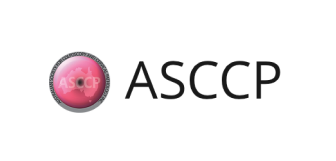

Obstetricians are trained to monitor pregnancy and manage complications to ensure the health and wellbeing of both the mother and the baby. They work closely with expectant mothers to provide personalised care to facilitate a calm birth.


Dr Wang-Gilchrist is a Sydney Fertility Specialist, and Obstetrician and Gynaecologist who has significant experience diagnosing, treating, and managing a wide range of conditions related to women’s reproductive health.
Dr Wang-Gilchrist spent four years working as a laboratory and clinical researcher investigating novel infertility treatments and has published several peer-reviewed international papers in reproductive medicine. She holds three separate Master Degrees in the areas of embryology, infertility and reproductive care, and she is a Fellow of Royal Australian and New Zealand College of Obstetricians and Gynaecologists (FRANZCOG).
Alexandria
Level 3, 15 Bowden Street, Alexandria
(02) 8372 3200
Burwood
Suite 202, Level 2, 74-76 Burwood Road, Burwood
(02) 8346 6840
Kogarah
Suite 15, level 3, St George Private Hospital, Kogarah
(02) 8567 6955
Chatswood
Level 1, 7 Help Street, Chatswood
(02) 9415 2899





